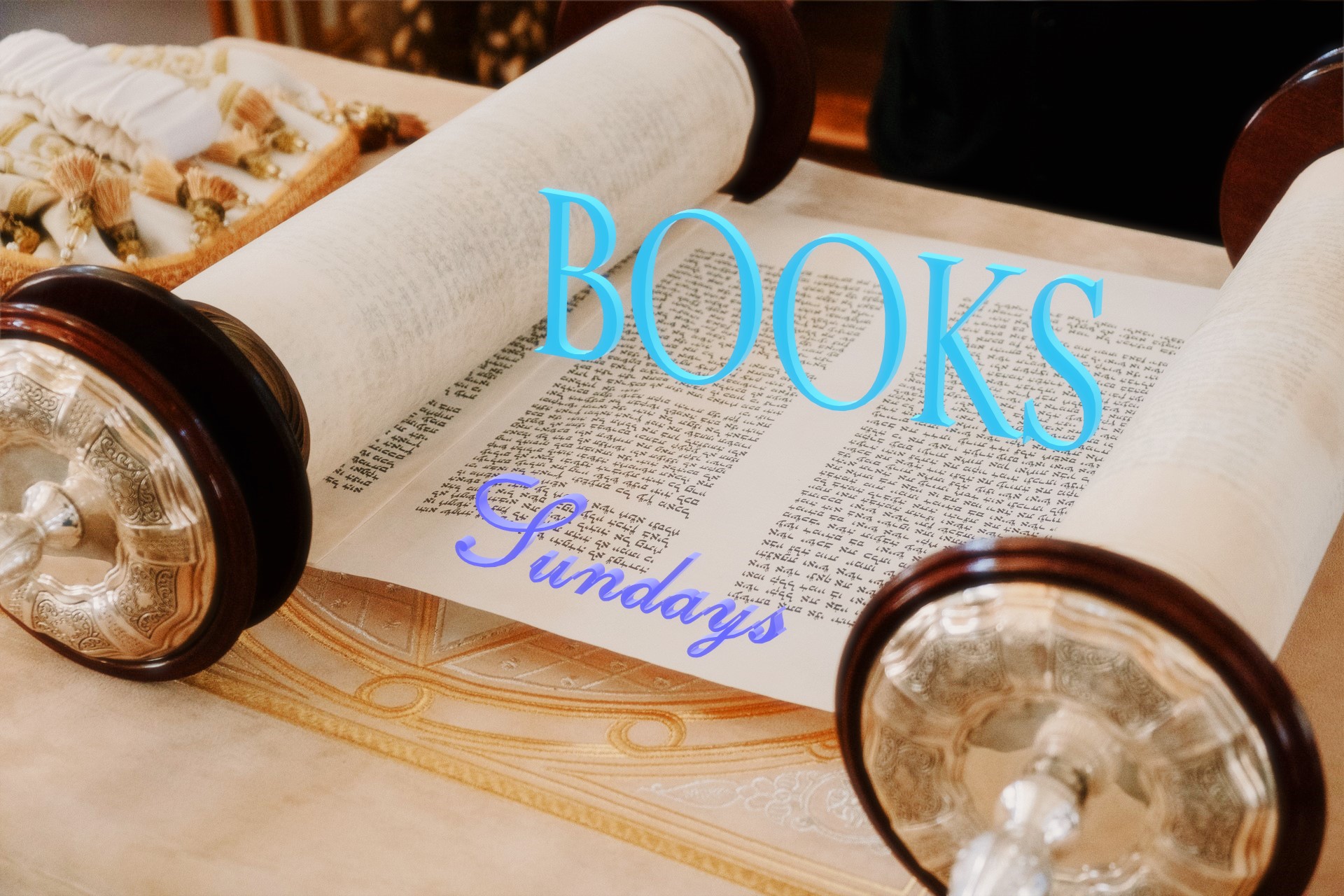He has his own book (Zechariah), but he and Haggai (another prophet with a book) both appear in Ezra (chapters 5-6) to motivate the people to rebuild the temple (Ezra 6:14). Zechariah is also a priest (Neh 12:12,16).
Ever heard of the books of 1 & 2 Maccabees, Tobit or Bel and the Dragon? These and about a dozen other books or sections of books are held by many to be a valid part of the Old Testament. I disagree, but so help me if I didn’t make you aware of them. Another example is “Additions to Esther,” which was my reasoning for including it in this week.
Esther (the person) is a Jew who winds up as queen of the Persian Empire and thwarts a genocide attempt on the Jews by a bitter man named Haman. To commemorate the retaliatory strikes, the feast of Purim is instituted at the end of the book of Esther (and is still observed today).
Kings and a Queen are the theme of this week (Esther is the queen).






